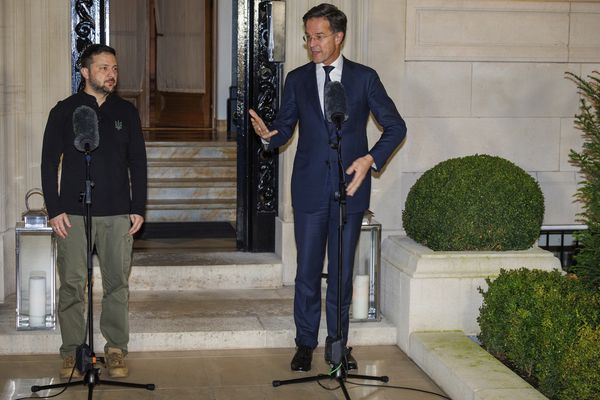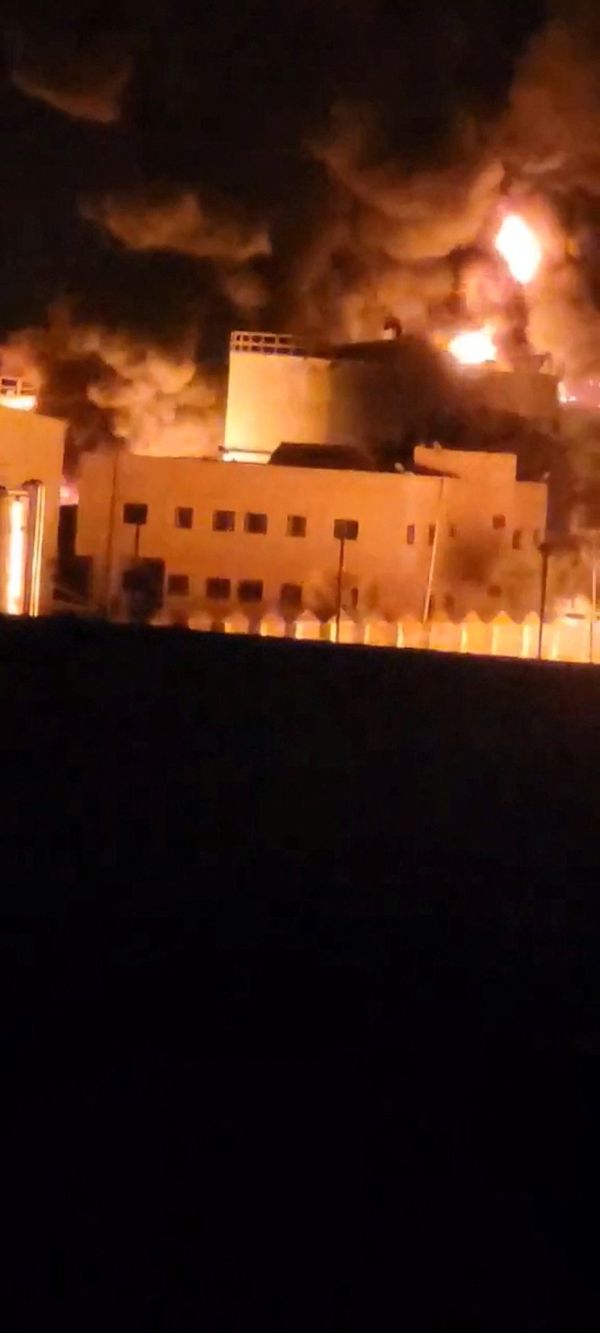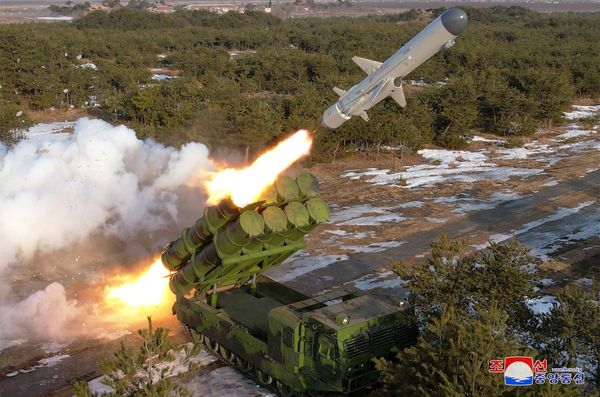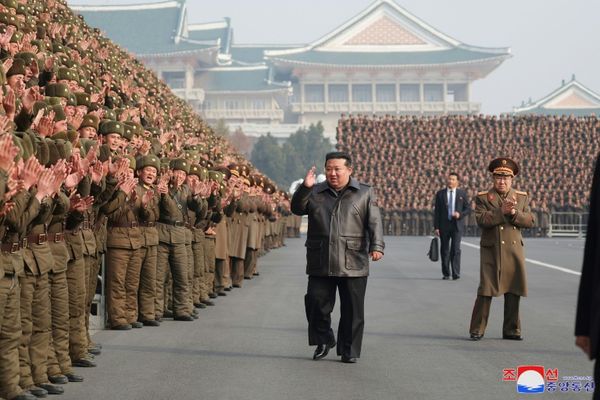
Surging energy prices have yet to make any dent on the government’s level of support; voters seem prepared to accept that the invasion of Ukraine is beyond the control of any government, and that we’re stuck with the consequences of the Coalition’s failure to have an energy policy for nine years.
Even so, journalists, particularly at commercial networks, were fixated on the issue after the budget — possibly because the government had leaked pretty much everything of interest ahead of time.
But what exactly will the government do about already high and soon to be much higher energy prices, given it has made a virtue of not pushing inflation higher by handing out cost of living relief?
“We’ve also got some important regulatory steps, boosting funding for our regulators and boosting our efforts there as well,” Treasurer Jim Chalmers said this morning.
Prime Minister Anthony Albanese said this this morning as well: “The ACCC has an important role to play here, the Australian Competition and Consumer Commission, to ensure that we don’t see any price gouging that we’re not seeing any companies taking advantage of the international circumstances which are there.”
Finance Minister Katy Gallagher was slightly vaguer, saying this morning: “The government’s looking at a whole range of options … We need more time and more work needs to be done … to see what options are available … We’ve got a role for the ACCC, we’ve got a role for AEMO, and there’s certainly a role for the energy regulator to look at and provide advice to government about what the options are.”
And, yes, the budget did increase funding for the ACCC, which is getting about $65 million over the next eight years to significantly lift its scrutiny of the gas industry. But what regulatory measures are going to lower prices, when local gas suppliers can charge global gas prices, and the price of thermal coal is also being pushed upward by international factors?
Price caps require compensation. Improving competition in gas supply and distribution is a decades-long undertaking and means developing new fields when we need to halt new gas projects altogether. Scrutinising the industry for price gouging is only going to affect prices at the margin while international prices are so high.
Putting the onus on regulators will get the government through the budget sales process, but won’t change the trajectory of power prices over the next years, especially going into next winter, if the war in Ukraine is still going.
The only policy response that stands a chance of being politically effective, even if it won’t lower prices, is a windfall profits tax on energy companies.
That at least would signal to consumers that, while they might be paying sky-high prices for power as a result of international factors, energy companies aren’t having it all their own way, but are contributing part of their good fortune to taxpayers. Anything else is just talking points.
Is it time for the Labor government to just bite the bullet and bring in a windfall profits tax? Let us know your thoughts by writing to letters@crikey.com.au. Please include your full name to be considered for publication. We reserve the right to edit for length and clarity.







